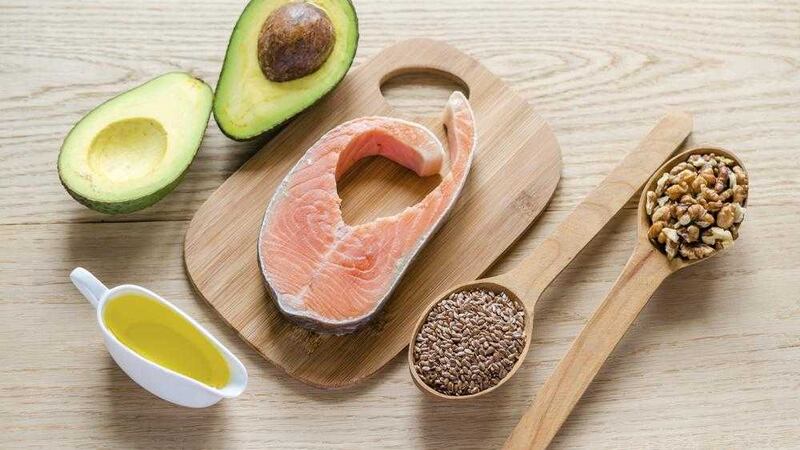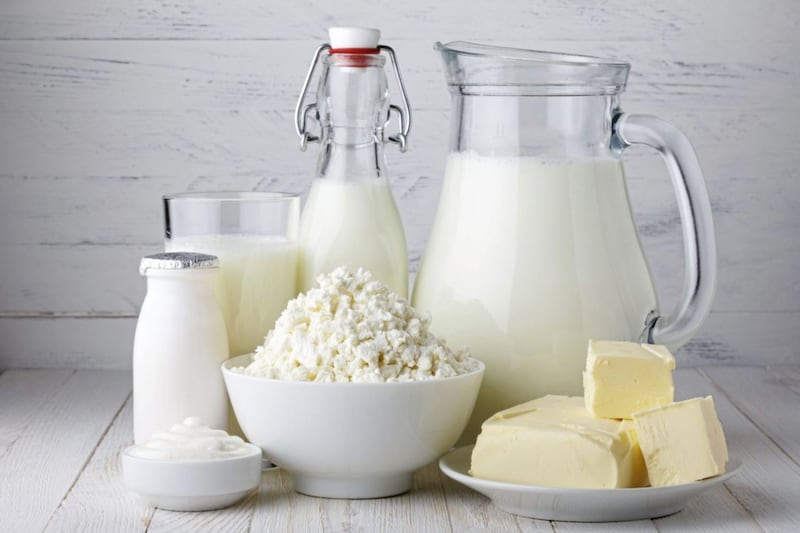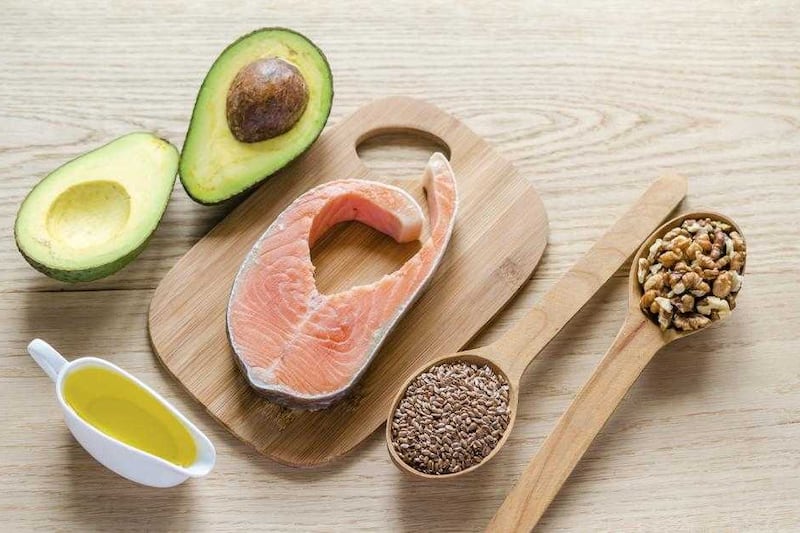INCREASINGLY we are being warned that it is sugar, not fat, that makes us fat and it seems that Ireland has a huge issue with this potentially toxic substance. The average Irish person eats their own body weight in sugar every year – how scary is that?
The effect that this excess of sugar has on your body is devastating. More sugar means your cells become numb to insulin’s trigger. Your body pumps out more and more insulin to pull your blood sugar levels back down. You can’t burn all the sugar you eat. Inevitably, your body stores it as fat, creating insulin resistance and overall metabolic havoc along with increasing your risk for many serious diseases including Alzheimer’s, diabetes, and cancer. Cancer cells rely on sugar to feed them.
Trying to avoid sugar can be quite complex as there are at least 257 different names for it. However, regardless of what they are called, sugars all create the same damage. In other words, sugar is sugar is sugar: it all wreaks havoc on your health.
The trend for low-fat diets has been largely blamed for introducing this habit of heart-unhealthy, high-sugar diets. When processed foods use less fat, they tend to increase starch or sugar levels instead to produce flavor. This actually increases the levels of the small, dense cholesterol molecules that causes heart attacks.
In fact, there are studies that show 75 per cent of people who end up in casualty with a heart attack have normal overall cholesterol levels. But what they do often have is pre-diabetes or type 2 diabetes from excess sugar consumption.
The challenge now for health professionals is to undo the damage created by the erroneous message that saturated fat is our enemy. An amazing review of all the research on saturated fat published in the American Journal of Clinical Nutrition found no direct link between saturated fat and heart disease.
A word of caution, still: not all saturated fats are the same. The fats in a fast-food cheeseburger will have an entirely different effect than saturated fat in coconut oil. The challenge is to educate on the difference between healthy and unhealthy saturated fats.
Some fats are unhealthy, like trans-fats and inflammatory vegetable oils. Unfortunately, these fats have increased as people rely more on fast, processed foods. Their negative effects include making us fatter and contributing to inflammation, which plays a role in nearly every chronic disease on the planet.
To counterbalance this inflammation all of us would benefit from more omega 3s. Ideal ways to get them include eating wild or sustainably raised cold-water fish, like trout and salmon, mackerel, sardines and herrings – at least two servings every week; eating omega-3 rich eggs; and taking an omega-3 supplement twice a day, with breakfast and dinner, that contains 500-1,000 milligrams of omega-3 fats.
Other omega 3 rich foods include:
:: Nuts – walnuts, almonds, pecans, macadamia nuts, but not peanuts
:: Seeds—pumpkin, sesame, chia, hemp, and sunflower
:: Extra virgin olive oil. One large study showed that those who consumed 1 litre a week reduced heart attacks by 30 per cent. This would be a huge amount for our palates but so worth getting into the habit of adding a good splash to as many plates of food a week that you can. Try using it instead of butter or adopt the habit of some good crusty bread dipped in oil as a starter on a regular basis. Delicious with a little balsamic vinegar.
:: Grass-fed or sustainably raised animal products, of which we have plenty in the north. Local lamb in particular can be a great source. Check out grass-fed meat in Northern Ireland on the web for a wealth of local producers
:: Extra virgin coconut oil is a great plant-based source of saturated fat that has many benefits. It fuels your mitochondria, is anti-inflammatory, and doesn’t cause problems with your cholesterol – in fact, it may help resolve them.
A useful side-effect of eating good fat is that you are likely to lose weight. Healthy cell walls made from high-quality fats are better able to metabolize insulin, which keeps blood sugar better regulated. The right fats also increase fat burning, cut your hunger, and reduce fat storage.
Your brain is about 60 percent fat, the biggest portion comes from the omega-3 fat called DHA. Your brain needs DHA to spark communication between cells. Easy access to high-quality fat boosts our ability to think, happiness, learning, and memory. In contrast, studies link a deficiency of omega-3 fatty acids to depression, anxiety, bipolar disorder and schizophrenia.
We have more than 10 trillion cells in our body, and every single one needs high-quality fat. Warning signs that your body is not getting enough good quality fats include:
- Dry, itchy, scaling, or flaking skin
- Soft, cracked, or brittle nails
- Hard earwax
- Tiny bumps on the backs of your arms or torso
- Achy, stiff joints
If you suffer from any of these, the answer is simple!
:: Roisin Armstrong is a kinesiologist and acupuncturist. For appointments call 0777 0862 637 for Belfast and Holywood clinics and 028 2582 133 for Portglenone.





